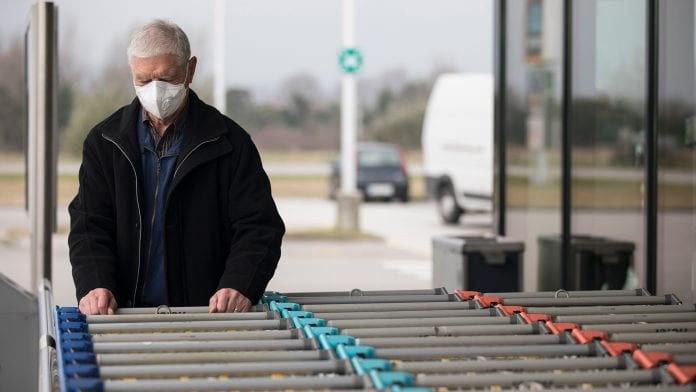
According to a new paper the UK’s coronavirus policy does not protect those aged between 60 and 69 who are at increased risk of becoming severely ill from COVID-19.
Currently, the UK’s policy places the threshold for isolation at 70, however, data from other countries such as Italy and China show that people aged 60 to 69 are also at high risk of illness and death from the coronavirus – known as COVID-19.
Writing in the Journal of the Royal Society of Medicine, a leading voice in the UK and internationally for medicine and healthcare, Professor Azeem Majeed, Head of the Department of Primary Care & Public Health at Imperial College London, said that while this group is at a lower risk of severe illness when compared to those aged 70 years or older, their risk is still considerable.
Fatality rates
Professor Majeed, who co-authored the paper with colleagues from Imperial College London and the University of Exeter, said: “The UK’s policy is at variance with the World Health Organisation, which states that those above the age of 60 years are at the highest risk, requiring additional preventative measures.”
Case fatality rates for those aged 60-69 are 3.5% in Italy and 3.6% in China. Other countries, including Switzerland and France, encourage those aged 65 and older to enforce strict public health measures due to their increased risk of severe illness and death from COVID-19.
Majeed continued: “National and global spread of COVID-19 is accelerating. To reduce hospitalisations, intensive care admissions and death, we recommend that those aged between 60 and 69 are particularly stringent when implementing public health measures such as social distancing and personal hygiene.”
In the paper the authors conclude that: “In the absence of government guidance, people in this group can make their own informed decisions on how to minimise their risks of COVID-19 infection. This can include isolating themselves in a similar manner to that recommended by the UK government for people aged 70 years and over.”










